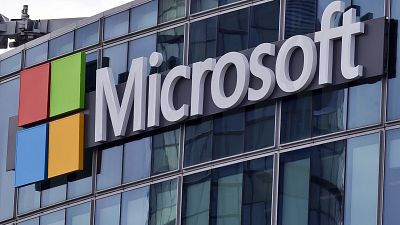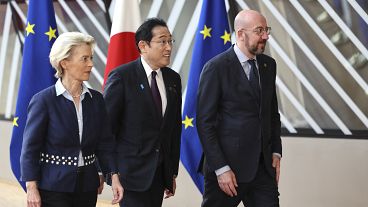By David Milliken
LONDON (Reuters) -Bank of England Deputy Governor Jon Cunliffe said on Thursday he could see good reasons for the BoE to issue its own digital currency, though no decision has been reached yet.
Cunliffe said the coronavirus pandemic had accelerated the shift away from 'public' cash issued by the BoE and in favour of 'private' money created by BoE-regulated banks and used for online transactions and credit and debit card payments.
"We may not be there yet, but it looks probable in this country that if we want to retain public money capable of general use, and available to all citizens, the state will need to issue, public digital money," he said in a speech to the OMFIF central banking think tank.
Last month finance minister Rishi Sunak asked the BoE and other regulators to look at the case for creating a central bank digital currency which he nicknamed 'Britcoin', to respond to the challenge from cryptocurrencies such as bitcoin.
While banks and some large payment processors have long been able to hold money directly with the BoE and use it for payments between themselves, the public increasingly relied on banks and other payment providers for almost all transactions.
Cunliffe said payments infrastructure was currently at a 'Blackberry' stage and could easily be disrupted by an equivalent of Apple's iPhone, which had much wider appeal than its more business-focused predecessor.
Leaving innovation to the private sector risked leading to payments being dominated by one or two private firms, however, with potential cost and privacy implications, Cunliffe warned.
British politicians would need to decide how much privacy there would be for a central bank digital currency, Cunliffe said. But he warned it looked unrealistic to have a digital currency that was as anonymous as cash but did not present unacceptable security risks.
(Reporting by David Milliken, editing by Andy Bruce)



